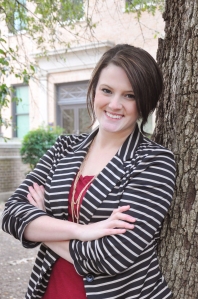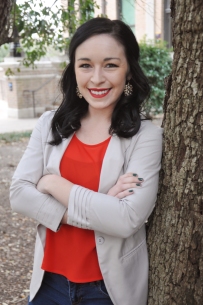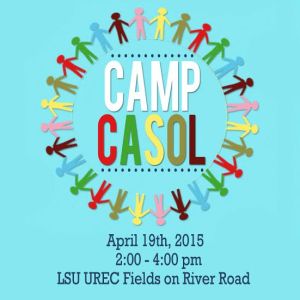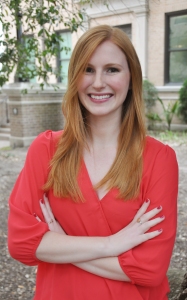This blog was written by Aysha Jones, writing director for Olympia Creative. The video blog includes the entire Olympia Creative team.
This semester has been a learning experience for every team member of Olympia Creative. We have had a wonderful time working with Special Olympics Louisiana – Capital Area.
Our entire team has been working hard to encourage each other and manage our colorful personalities. We’ve definitely used our existing skills, and we’ve learned so much from the course, from our client and from one another.
So, to wrap up this semester, here’s what we’ve learned:
Social responsibility
Earlier in the semester we touched on the importance of not only serving our client, but also serving our client’s community. Our client and its community have a symbiotic relationship. It’s important for us to convey how Capital Area can serve the community. The way we chose to do that this semester is our “Unified in Victory” campaign. We wanted to show Capital Area and its athletes as allies of the community.
The team at Olympia Creative has learned that planning is an integral part of success. Public relations plans should be detailed, but they should also be fluid. Planning a campaign with goals, objectives, strategies and tactics helps us to give our client the best material, but it also helps us to create contingencies for different scenarios. To be a better planner, I have learned to do the research. Research will provide you with the information to improve the way you communicate to the public and to the client.
It is so important to be clear when coordinating with your client. Keeping them in the loop is so important for a good working relationship and for the success of your campaign. Coming to your client with research to back up your ideas will help them be more open to your ideas for the campaign. It is also important to come up with samples for them to view. Creating tangibility from an idea helps to drive your purpose home. Good client relations also allow you to understand its purpose and its public more comprehensively.
After you’ve done all this work, it is crucial to present your work in a clear and concise way. You want to keep the attention of your client and your audience while also conveying the important information. Make your work appealing. Well-designed presentations make information easier to digest. Use infographics to keep attention, while also conveying important information. We’ve decided to show our present the success of our campaign to our client with infographics.
To hear a recap of the semester from the members of Olympia Creative, check out our video.
Keep up with Capital Area on Facebook. Keep up with the team member of Olympia Creative by checking out our online portfolios (Katy, Taylor, Allison, Alexa, Dimitri and Aysha).








